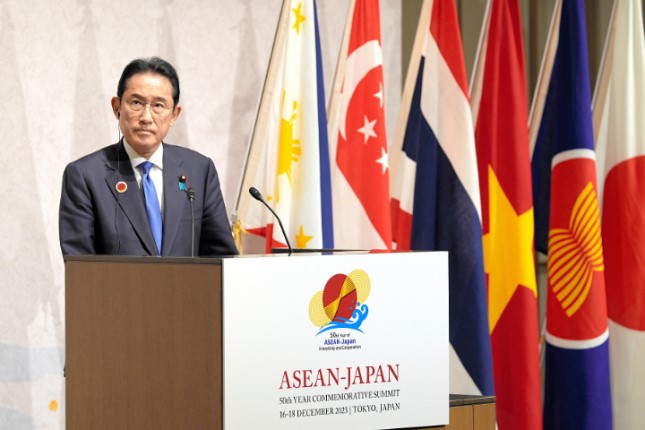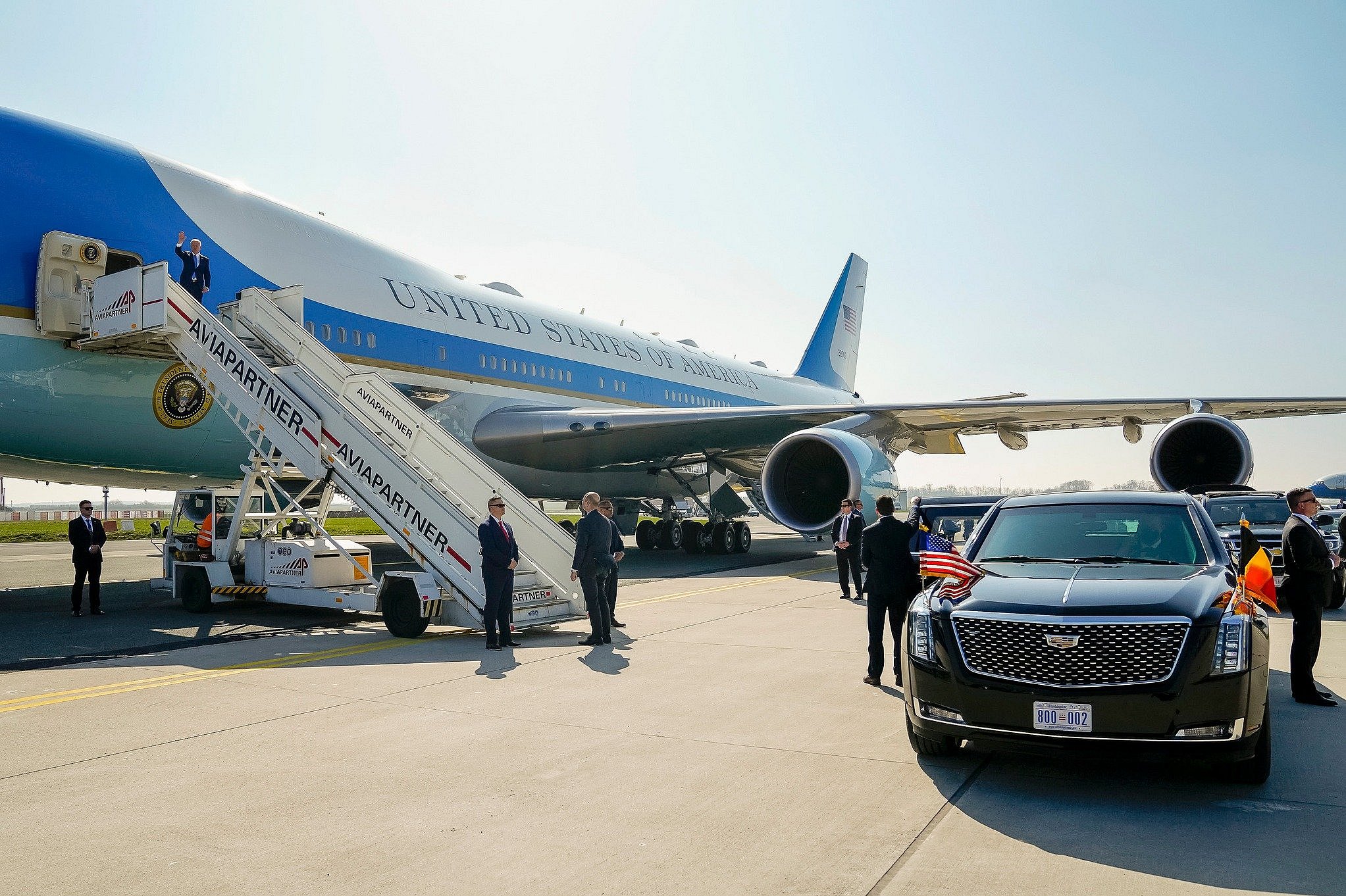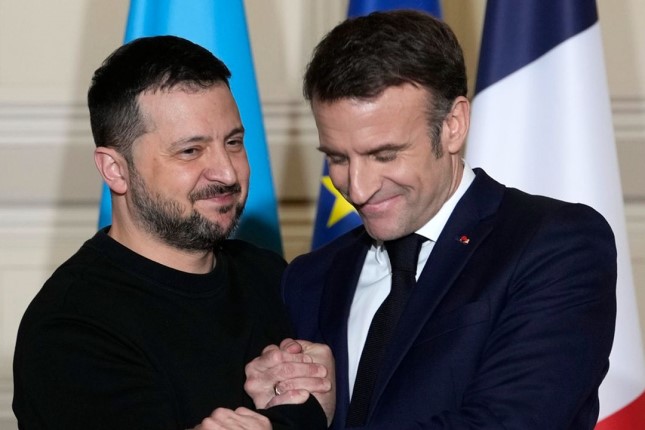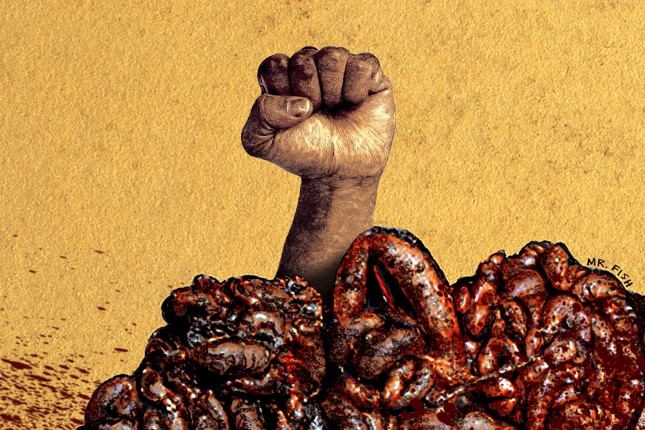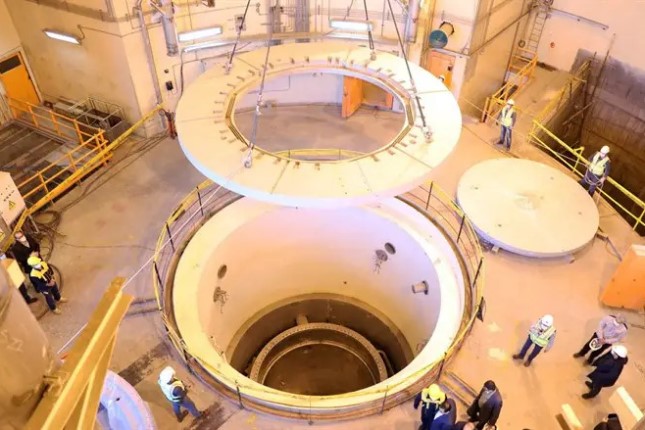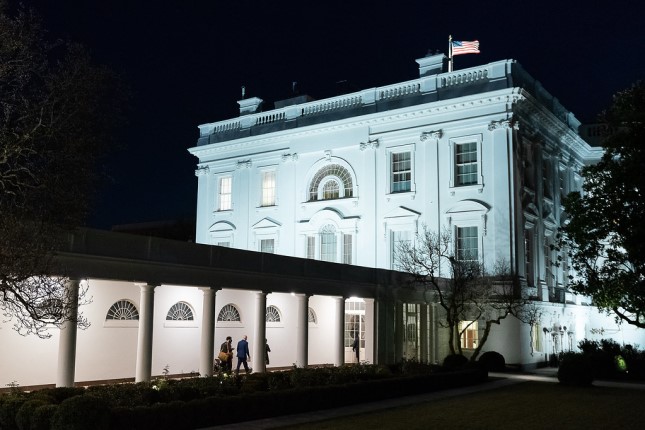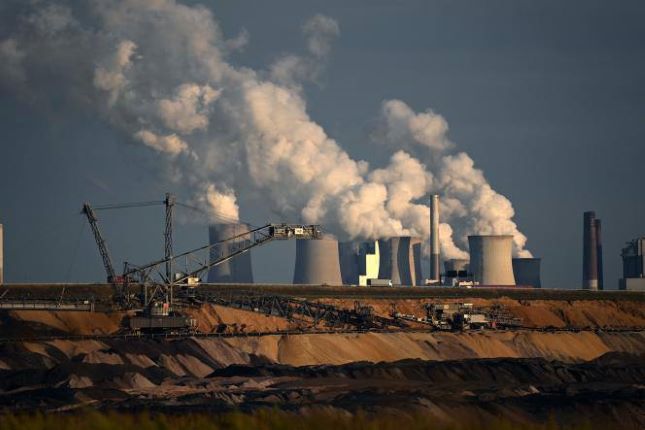However, numerous Japanese and Western media outlets coincidentally emphasized the strengthened cooperation in the maritime security field between Japan and ASEAN as a key outcome of the meeting. They linked this to the situation in the South China Sea and implied intentions targeting China. This time, it is hard to say for sure whether these media outlets are creating unnecessary controversies and intentionally stirring up trouble.
The special summit was held to commemorate the 50th anniversary of ASEAN-Japan friendly cooperation. At this juncture, Japan and ASEAN focused on economic, trade, and cultural fields, promoting a deeper collaboration that is welcomed by regional countries. This is also beneficial for enhancing and progressing cooperation in the Asia-Pacific region as a whole. However, there are increasing signs that Japan is attempting to steer the traditional economic and trade cooperation toward the security domain. This shift has been labeled with the "new cold war" imprint from the very beginning. This is evident in the reporting and interpretation of the summit by the public opinion of the West, the US and Japan.
For instance, regarding the joint statement that includes numerous cooperative projects, Japanese media commonly emphasized the strengthening of maritime security cooperation and collaboration in the economic security domain, such as "ensuring supply chains." It seems that this is the content Tokyo values the most and is eager to incorporate into the joint statement, aligning with the two main focuses of the US in the Asia-Pacific region for camp confrontation. While Japanese media may still be somewhat discreet, media outlets in the West and the US are more straightforward. They almost uniformly mention the "tensions with China" and attempt to portray Japan as a "cuddlier friend" for regional countries seeking to escape the dilemma of choosing sides between China and the US. However, just observing how Tokyo has closely followed Washington's lead in recent years makes it clear what kind of pitfall these narratives are laying for ASEAN countries.
One noteworthy detail is that after the joint statement was issued, Japanese Prime Minister Fumio Kishida and Indonesian President Joko Widodo as co-chairs of the summit attended a press conference together. Kishida hyped "crisis and challenge" during the event, which are specialized terms used by the US and Japan in recent years to indirectly refer to China. However, Widodo only mentioned the friendly relations between ASEAN and Japan, and emphasized the maintenance of "regional peace and stability." It is not difficult to see the difference in the expressions of the two sides. In recent years, the decreasing share of Japan's direct investment in ASEAN has attracted public attention, but at the same time, Japan has shown unusual enthusiasm and activeness in defense cooperation with ASEAN. This represents a significant change in Japan's strategic direction. Japan has replaced investment and assistance in economic and livelihood areas with joint military exercises, weapons, and warships that cannot be eaten or drunk - is this what the ASEAN countries really need? Of course not.
ASEAN was born during the Cold War era characterized by a very harsh regional security environment, and it should have a deep understanding of this. The current situation, as well as the position and influence that ASEAN has achieved today, have not come easily and should be cherished by all parties. The key lies in consistently avoiding falling into camp confrontation, steering clear of pan-security disturbances, maintaining an independent voice, and pursuing a direction that aligns with common interests, particularly cooperation and development with a focus on economic and trade. The "ASEAN+" mechanism has strong openness and inclusiveness. There is a saying in China that ASEAN is the "center" of the "concentric circle" of regional cooperation and China firmly supports ASEAN in becoming the "driver" of regional cooperation, supports the construction of the ASEAN Community, and supports the regional cooperation framework centered on ASEAN.
For ASEAN countries, during a relatively long period after WWII, Japan played a constructive role. However, this role has significantly diminished in recent years. Japan has shifted its focus toward defense and security, and has been dumping "political contaminated water" in ASEAN, resulting in a serious impact on the open cooperation atmosphere and situation dominated by ASEAN. The US and Japan have been trying to exploit loopholes within ASEAN, creating divisions and even splits within the bloc. For example, the dispute between the Philippines and China over Ren'ai Jiao in the South China Sea would not have escalated without the instigation of the US and the encouragement of Japan. Regardless of Japan's claims, its actions have objectively undermined the cooperation and development of ASEAN. It is believed that wise individuals within ASEAN can see through this and will remain sufficiently vigilant.
Photo: Japanese Prime Minister Fumio Kishida attends a press conference following the ASEAN-Japan 50th Year Commemorative Summit on December 17, 2023 in Tokyo, Japan © VCG.
Source: The Global TImes.
